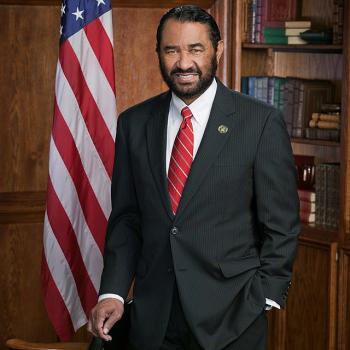
To join the discussion about The Seeker King, or to order a copy, go here.
Elvis Presley never grew up.
He hit the big time when he was still a relatively unformed young man, and based on what I read in Gary Tillery’s biography, The Seeker King, remained emotionally at that age for the rest of his days.
Sudden success on the scale that Elvis achieved can and often does become a prison for those who experience it. The constant hammering from well-meaning fans exerts enormous pressure to withdraw from normal life.
I think people underestimate the powerful talent possessed by artists such as Elvis. His ability to connect with and hold his audience through decades of ups and downs was not just a manifestation of press and hype. There is an ability to touch people on a visceral level in these great stars. They have something in them that reaches through the screen or down from the stage and connects with the people watching them in a way that those of us who are unaffected by it don’t really understand.
This kind of magnetism does not admit the normal limits that exist between performers and their audiences. It creates a fusion between the artist and his art that leaves no space for the person to exist.
Elvis was young and naive when he rocketed to fame. He was a high school graduate raised by adoring but impoverished parents in the rural South of the great depression. His parents’ love gave him the sense of self necessary to step out as an individual at an early age. Their unquestioning support was, in a very real way, the loft beneath his wings.
But nothing in his background prepared him to deal with the onslaught of fame that took over his life when he was barely out of school. He fell, as so many of these young talents do, into the habit of isolating with a group of paid cronies. Sadly, he was introduced to mood altering prescription drugs by physicians who were, to a great extent, just another part of his entourage.
Despite all this, he retained the generous and gentle spirit, the courtesy and spirituality, that were his trademark. Elvis was intelligent and sensitive enough to hunger for more from life than empty fame. Based on what I read, it sounds as if there was a bit of esp in Elvis’ family, and that he had a good dose of it himself.
He grew up in the Holiness church of the 1930s and 1940s South. The beliefs he found there didn’t leave him as an adult, but he seems to have hungered for an understanding of God that went deeper than that simple theology.
The book draws its name from Elvis’ constant seeking after spiritual truth. This quest ran through all the years of isolation that became his life after he achieved stardom.
From his first hit record, Elvis ceased to live as a free person. I think that his plight, including the increasing and ultimately fatal dependence on prescription drugs was, to a great extent, the product of surrounding himself with hangers on whose livelihood depended on keeping him caught.
It must take great self-awareness, courage and determination for a person this famous to build an independent, healthy life for themselves. Elvis came to his fame from a background that did not give him the skills or associates to handle what his life became. He was so young when he became The King that he was still figuring out who he was.
It’s to his credit that Elvis Presley stayed a nice person despite all this. He was, in many ways, an innocent until the day he died. That’s because Elvis Presley was hermetically sealed in the capsule of his fame and the entourage that formed a protective barrier between him and the outside world.
Elvis died from what amounts to medical malpractice by doctors that he trusted. It is bitter irony that this man who didn’t drink and who abhorred drugs was hooked on prescription drugs and ultimately died from that untreated addiction because he believed that if a doctor prescribed something, it had to be safe and medicinal.
I recommend The Seeker King to those who are interested in Elvis Presley. It is also a good case study in the deleterious affects of fame on the lives of public figures.












